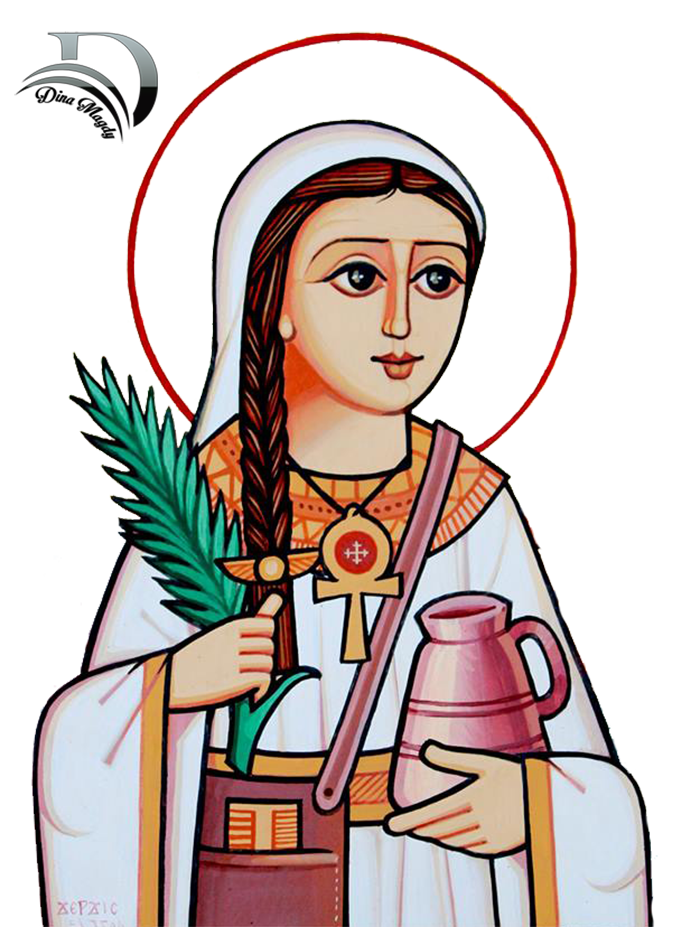Via Al-Arabiya
When you think about Switzerland, the first things that will come to mind are probably the deliciously milky chocolate, watches, and beautiful scenery. Never in a million years would you associate Switzerland with Saint Verena, the Coptic Egyptian woman with 100 churches in Switzerland and Germany named after her—because chances are you’ve never heard of this woman until today.
However, we think you should know about this historical figure. No, not just because she’s Egyptian, but because she’s also the reason that personal hygiene made it to Europe! If you’re as curious as we think you are right now, read ahead because the story only gets crazier.
Who Is Saint Verena?
Regarded as the mother of European nuns, Saint Verena’s name translates to ‘the good fruit’. She was born to a noble Egyptian Christian family from the town of Garagous, close to Luxor, and is related to another saintly figure, Saint Victor.
After being sent to Beni Suef to be instructed on her Christian faith by Bishop Sherimon, Verena first travelled to Milan, Italy and then to modern-day Switzerland and remained there.
One of the remarkable things about Verena was her distinctive iconography, as she’s perpetually depicted holding a jug of water in one hand and a comb in the other because of her achievement of teaching the Gauls and Germans the customs of herbal medicine and personal hygiene.
Instead of using violence, this saint used her love and devotion to make the Germanic people embrace the Christian faith. Following a rather long life, Saint Verena died in 344 AD, and a church was built over her grave in Switzerland.

Via St Verena American Coptic Church
Why did Verena travel, and how did she teach Europeans about hygiene?
The story of Verena’s travels begins with the reign of King Diocletian, the pagan Roman Catholic ruler who visited Egypt at the end of the third century. Favourably received by Egyptians, who built him a monument that still stands in Alexandria today, the king wanted to recruit Copts as reinforcements to his army, as it was engaged in a bloody battle in Gaul.
And so, the 6,000-person Thebes Legion was formed. Like many relatives of soldiers, Verena travelled with the legion to offer her care. Once the Egyptian army defeated the king’s foes, he ordered them to burn incense in his honour, which they refused to do as it went against their faith. This led to the Thebes Legion being slaughtered, forcing Verena to flee to what is now Switzerland.
Finding shelter in a cave, Verena proceeded to educate pagans about personal hygiene and medicinal plants, passing down all the herbal knowledge her Egyptian background had given her. This also helped her treat many afflicted people, including those with leprosy.
As a result of her extraordinary care and devotion to others, Verena was the reason why many Germanic people accepted the Christian faith. Quite an impressive legacy, right?








